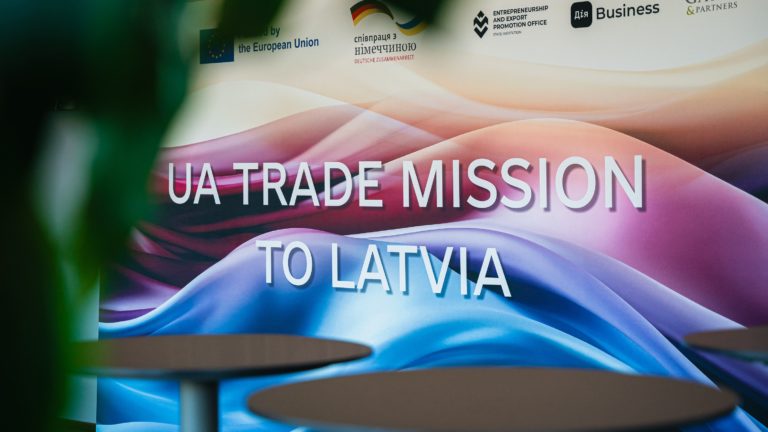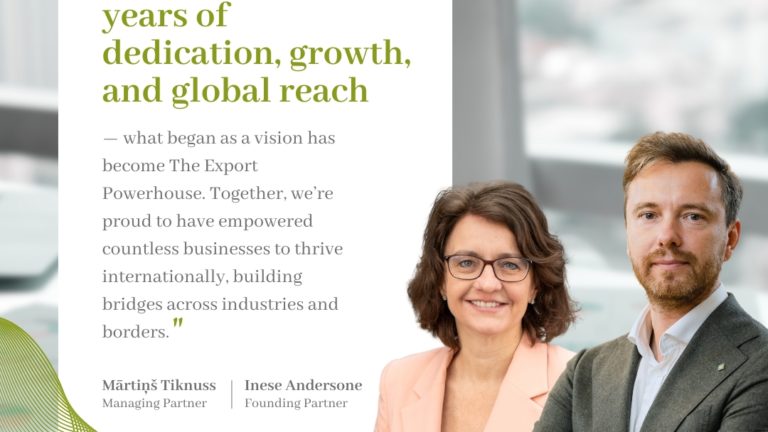One of the most important steps when taking your business to the global stage is choosing the right export market.
There are nearly 200 countries in the world, each possessing a different set of risks and opportunities. The question is – which country offers more of the latter?
Should you opt for developed markets like the United States, Canada, Japan, the United Kingdom (up until Brexit, that is), any of the Eurozone countries – markets that offer stable conditions, as well as low political and security risks?
Or should you aim for emerging or developing markets, such as Asia, Latin America, the Middle East, or North Africa with a rapidly growing middle class, but significant geopolitical and socioeconomic risks?
There’s a common misconception that to succeed in export, businesses have to aim for English-speaking markets with a high population. Such markets, however, are very likely to have strong domestic production and intense competition from other countries, too.
One of such examples is Germany. This European manufacturing powerhouse is a world leader in technology, engineering, and innovation, boasting the 4th largest economy in the world with the nominal GDP predicted to reach $4.2 trillion in 2019.
As tempting as it might be to attempt to penetrate the German market, it would also be extremely difficult. First of all, their own manufacturing is immense. But what’s more – it’s an attractive market not only for all of the other European countries but an appealing target for the rest of the world as well. This means – fierce international competition.
Instead of wasting your time and finances in the larger countries, look for alternatives in smaller markets. Our rule of thumb is – the smaller the country, the more interested it is in importing your goods and the greater opportunities for export for your business.
One of such smaller, yet import-savvy countries is Iceland. It might be a small state of a little over 330 thousand inhabitants. However, it’s also an educated and technologically advanced society with high appreciation for quality products and services.
Even though Iceland is not a part of the EU, there are no major challenges to doing business, as the country is a part of the European Economic Area (EEA) with a generally free movement of goods and widely uses English as the business language.
And here’s the thing – in relatively smaller markets, like Iceland, the domestic manufacturing is not as developed as in the larger markets. This means there will be high purchasing power and plenty of opportunities for all competitors alike.
The bottom line is – don’t underestimate the small markets, as they might provide you with more export opportunities. At the same time, keep in mind that entering a new market is a challenging process regardless of the market size.
If your company is aiming for international growth and needs market intelligence advice, don’t hesitate to reach out to us.


